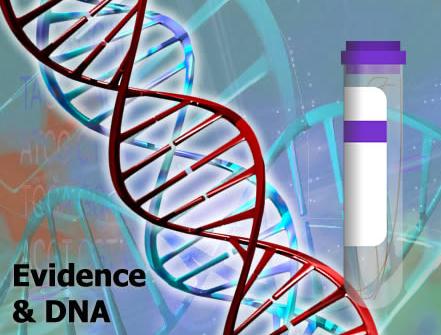Nutrigenomics and DNA Testing : Dieting and Your Genes
A scientific breakthrough in genetic research has led to the discovery of specific genes that are linked to weight gain. The various studies can now help frustrated dieters understand why some people remain thin whilst other gain weight despite following the same eating plan and they can further understand why some people who lose weight pile it back on so quickly.

This new knowledge can now be used to tackle the issue of weight loss on a genetic level. Scientists have found that our genetic makeup accounts for up to 70% of our weight variability. Another example of how our genes impact our weight can be seen with individuals who have impaired function of the melanocortin 4 receptor (MC4R) gene, a gene that helps to control appetite. These individuals will be more likely to overindulge and develop obesity. Another gene linked to obesity had been called the FTO gene or “fat mass and obesity associated gene”- having this gene makes you 23% more likely to become overweight. Due to these differences amongst individuals, each person requires a unique and tailored diet depending on their genes.
Scientists and nutritionists have termed this field of research “Nutrigenomics”. Nutrigenomics is an emerging field that looks to understand how foods interact with genes. It is a discipline of science that studies the effect of genetic variation on the interaction between diet and DNA. Dieticians and nutritionists have also called this area of research “personalized nutrition” or “individualized nutrition”. Different people respond to different foods in different ways – the differences in response from person to person are due to variations in genetic sequences known as single nucleotide polymorphisms.
Nutrigenomics focuses on the effects that nutrients or dietary components have on the genome (genes), the proteome (proteins), and metabolome (metabolites). This study examines how people with different genes react to different diets. The four diets that are commonly recommended for weight loss are very low carbohydrate, low carbohydrate, high protein and low or very low fat.
Geneticists have closely studied DNA and brought about a revolution in the field of health and medicine. We now know that our entire genetic information is stored in individual DNA molecules that consist of a series of nucleotides linked by the action of linear ribose’s and phosphates, forming the double helical structure of DNA discovered by Watson and Crick in 1953.
According to the theory of nutrigenomics, a simple DNA test for dieting can predict whether someone is more likely to lose weight with a low-fat diet, a high protein diet, or a low-carbohydrate diet. The test can also assess each individual’s ability to metabolize and break down certain molecules contained in foods; molecules that are not properly broken down may inhibit proper metabolic function, resulting in weight gain. It might seem odd to conduct a DNA test in order to begin a diet but the fact that it has scientific backing proves it works.
The DNA test currently available direct-to-consumer analyzes the genes that are associated with weight regulation and affect the response to weight gaining factors such as insulin and fat absorption. The samples required from the person who is to be tested are samples of exfoliated epithelial cells (cheek cells) collected from the epithelial membrane of the mouth. The cells are collected via a simple and painless ten second procedure which involves rubbing buccal swabs against the inner lining of the mouth.
Based on the results of this DNA test, individuals can be categorized into three genotypes:
- Genotype that responds to a low carbohydrate diet.
- Genotype that responds to a low fat diet.
- Genotype that responds to a balanced diet.
By identifying which diet is best suited to the person on a genetic level, dieters can be confident that the changes they make will offer them the best possible results and the weight they lose will be more likely to stay off long term.
Bio
Karl M McDonald is a free lance writer specializing in the field of genetics and DNA testing. Articles by the author can be found on many blogs and info sites, including the article knowledge base for homeDNAdirect UK. Karl M McDonald currently lives in West Sussex, UK with his wife, kids and 2 dogs.